
There are serious doubts that politicians will fulfill the promise to restore the social contribution rate to the second pension level to 6% by 2029, said Edgar Volski, an expert on the pension system and Doctor of Economic Sciences, in an interview with the LETA agency.
"But this is not critical. I conducted calculations that show that even with the current distribution of contributions between the first and second pension levels — 15% and 5% respectively — it will be possible to ensure a sufficient replacement of labor income in the future," said Volski.
He explained that this one percentage point was not removed from the system, but merely redistributed between the levels.
"So far, the current distribution does not create any risks. My calculations show that with a 40-year work experience, both levels together can provide an income replacement rate of 60%, which corresponds to all international recommendations. However, further interference in this distribution should not be done," emphasized Volski.
In response to a question about the Lithuanian government's decision to abandon the automatic inclusion of workers in the second pension level and to allow the possibility of withdrawing 25% of second-level savings in a lump sum at any time, Volski suggested that the Lithuanian government is taking a preventive step to increase revenues to the state budget to finance defense expenditures, which will only grow.
"From the perspective of the pension system, this is wrong, as we are shifting the financial burden onto future workers and future retirees. Abandoning the second pension level means that pension savings will not be sufficient to ensure a decent replacement of income earned during working life. Without the second level, the replacement rate will significantly decrease," noted Volski.
According to him, this will also surely increase inflation, as evidenced by Estonia's experience: after changes in the second pension level two years ago, the country had the highest inflation in the European Union.
When asked why politicians are so eager to interfere in the pension system, Volski replied that, so to speak, it is "easy money." In Latvia, the current savings of participants in the second pension level amount to almost nine billion euros. However, he stated that politicians should remember that these funds came through mandatory social insurance contributions.
As previously reported, in Latvia, from January 1, 2025, to December 31, 2028, the pension contribution rate of one percentage point will be transferred from the second pension level to the first, thus reducing the second level rate from 6% to 5%.
Latvia has a three-tier pension system. First-level pensions are paid to current retirees from revenues from social contributions to the budget. The second, or accumulation, level assumes that part of the social contributions of workers is invested in the financial sector. In turn, the third level consists of private pension funds, into which funds can be contributed voluntarily.
Accordingly, the second and third pension levels should reduce the burden on the pension system in the future when, due to an unfavorable demographic situation, the number of workers decreases, and social contributions will not be enough to pay pensions.
Latvia has regularly abandoned the initially planned volume of contributions to the accumulation pension system. When the second pension level was introduced in 2001, it was envisaged that by 2010 the volume of contributions to the accumulation would grow to half of all social contributions — 10%, leaving the other 10% for the first level.
However, with the onset of the financial crisis and a decrease in budget revenues, the rate, which reached 8% in 2008, was again reduced to 2% — as in 2001, with priority given to the first level. Later, the volume of contributions to the second level was gradually increased to 6%, but it never returned to the previously achieved 8% or the originally planned 10%. This year, contributions have been reduced to 5%.


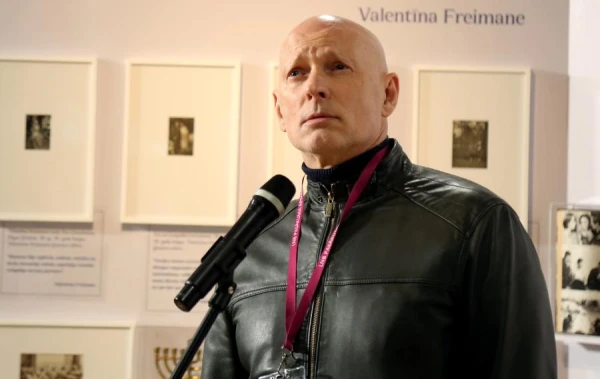

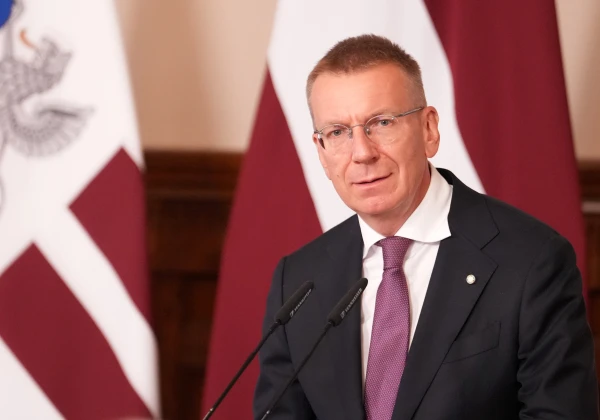

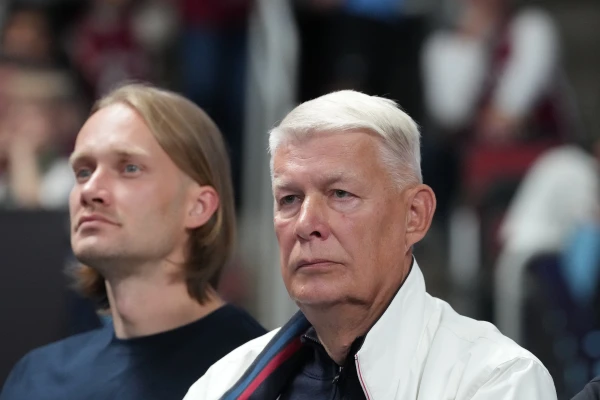

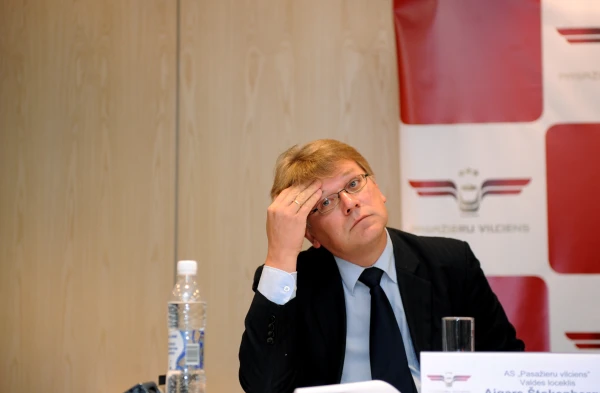


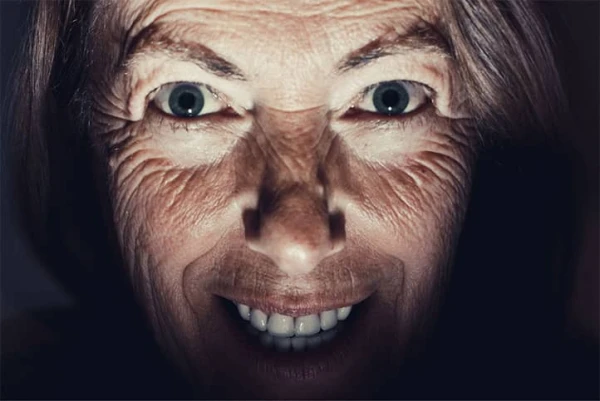

Leave a comment